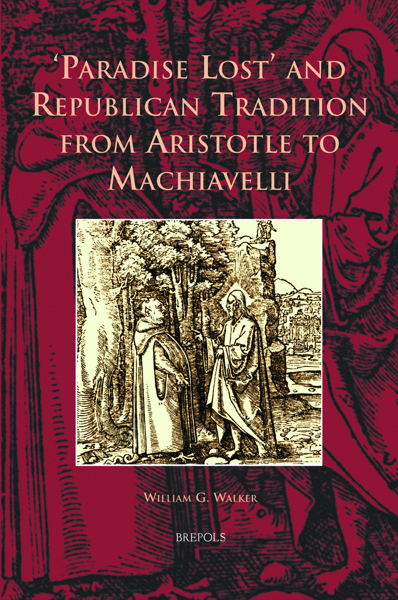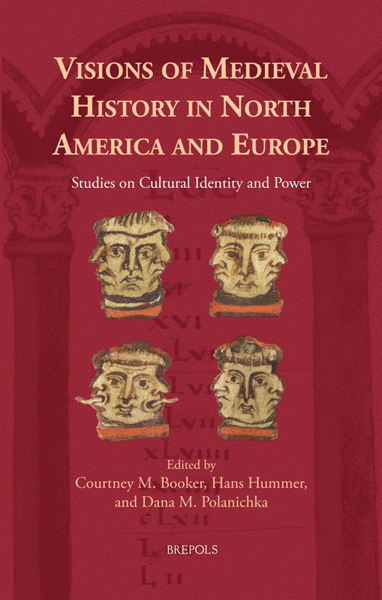
Rethinking Virtue, Reforming Society
New Directions in Renaissance Ethics, c.1350 - c.1650
David A. Lines, Sabrina Ebbersmeyer (eds)
- Pages: x + 354 p.
- Size:156 x 234 mm
- Illustrations:1 b/w
- Language(s):English, Italian, Latin
- Publication Year:2013
- € 95,00 EXCL. VAT RETAIL PRICE
- ISBN: 978-2-503-52524-2
- Hardback
- Available
- € 95,00 EXCL. VAT RETAIL PRICE
- ISBN: 978-2-503-56058-8
- E-book
- Available
"(...) the editors of Rethinking Virtue, Reforming Society deserve to be commended. David A. Lines and Sabrina Ebbersmeyer have assembled a collection in which the whole is something more than the sum of its parts." (Brendan Cook, in: The Medieval Review, 15.06.43)
"Rethinking Virtue, Reforming Society (...) gives much needed attention to the proliferation of new locations, literary genres, and languages in which ethical matters were regularly treated (...). It also has a useful index, something that is to be commended since this kind of scholarly apparatus is not always included in multi-authored volumes." (W.R. Albury, in: Parergon, 31.2, 2014, p. 228-229)
Moral philosophy, and particularly ethics, was among the most contested disciplines in the Renaissance, as philosophers, theologians, and literary scholars all laid claim to it, while an expanding canon of sources made the ground shift under their feet. In this volume, eleven specialists drawn from literature, intellectual history, philosophy, and religious studies examine the configuration of ethics and how it changed in the period from Petrarch to Descartes. They show that the contexts in which ethics was explored, the approaches taken to it, and the conclusions it reached make Renaissance ethics something worthy of exploration in its own right, in distinction to both medieval and early modern ethics. Particular attention is given to the development of new audiences, settings, genres (essays, dialogues, commonplace books, biographies, short fiction), and mediums (especially the vernacular) in ethical discussions, as well as the continuities with the formal exploration of ethics through commentaries. Renaissance ethics emerges as a highly eclectic product, which combined Christian insights with the Aristotelian and Platonic traditions while increasingly incorporating elements from Stoicism and Epicureanism. This volume will be of particular interest to students and researchers who wish to gain an overall view of how ethics developed throughout Europe in response to the cultural, historical, and religious changes between 1350 and 1650.
Preface
Introduction - David A. Lines
Part I. Contexts
Sources for Ethics in the Renaissance: The Expanding Canon - David A. Lines and Jill Kraye
From Schools to Courts: Renaissance Ethics in Context - David A. Lines
Renaissance Ethics and the European Reformations - Risto Saarinen
Part II. Approaches and Genres
The Method of Moral Philosophy in Renaissance Humanism - Eckhard Kessler
Renaissance Readings of the Nicomachean Ethics - Luca Bianchi
Morals Stored and Ready for Use - Ann Moss
Informal Ethics in the Renaissance - Peter Mack
Biography as a Genre of Moral Philosophy - Alison K. Frazier
Part III. Themes
Happiness - Antonino Poppi
Passions for this Life - Sabrina Ebbersmeyer
Virtue of the Prince, Virtue of the Subject - Ullrich Langer
Epilogue: After Renaissance Ethics - Sabrina Ebbersmeyer
Index




